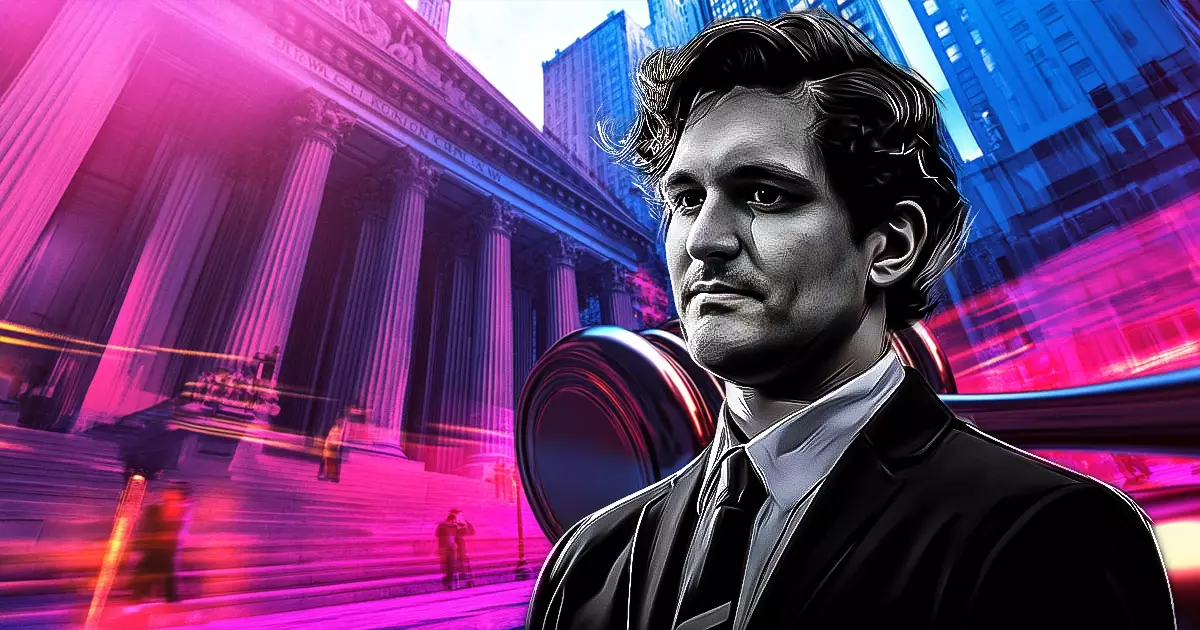The recent refusal by U.S. authorities to entertain Sam Bankman-Fried’s appeal against his conviction has stirred considerable discussion within legal and financial circles. Bankman-Fried, the architect behind the now-collapsed cryptocurrency exchange FTX, was sentenced for his leadership role in a scandal that left countless customers deprived of their investments. Following a court ruling that analyzed the integrity of the original trial, the government maintained that there were no substantial flaws in the judicial process that warranted an overturned verdict.
In his attempt to reverse the convictions that led to his sentencing, Bankman-Fried posited that he had faced various judicial biases and procedural errors during the trial helmed by Judge Lewis Kaplan. He asserts that restrictions placed on crucial defense arguments severely impacted his ability to present a robust case. Among other claims, he indicated that not enough evidence concerning his investments was allowed into the courtroom. Given the significant financial loss experienced by FTX customers, he implied that reports of the company’s dire straits had been exaggerated, suggesting that recovery of funds might still be plausible.
Bankman-Fried’s strategy revolved around the notion that an unfair judicial environment compromised his trial’s integrity, leading him to seek both a retrial and a cancellation of his existing convictions.
The response from the government was resolute; they dismissed Bankman-Fried’s claims of judicial misconduct as baseless, emphasizing that the trial’s proceedings adhered strictly to legal standards typical of fraud cases. According to their analysis, the objections raised concerning the “no-ultimate-harm” instruction were unfounded, and they defended the evidentiary rulings that limited discussions pertaining to potential losses and customer reimbursements. For the government, these measures were deemed appropriate and essential to maintaining the trial’s focus.
The legal team pointed out that Bankman-Fried had failed to deliver sufficient evidence of any prejudice that would have compromised his right to a fair trial. Their statement highlighted that he had already received documents he sought from third-party Debtors, rendering many of his requests moot.
The rejection of Bankman-Fried’s appeal signals a significant endorsement of the judicial system’s efficacy, reinforcing the notion that severe legal repercussions are not to be easily escaped. As this case unfolds, it lays the groundwork for future legal challenges within the cryptocurrency and financial sectors, emphasizing the necessity for accountability.
Moreover, the insistence on strict adherence to procedural protocols serves as a reminder of the government’s commitment to ensuring that justice is served, no matter how high-profile the defendant might be. For Bankman-Fried, the road ahead appears increasingly fraught as he faces the reality of his legal battles, which serve both as a warning to others in the cryptocurrency industry and as a pivotal case study in complex financial fraud.


Leave a Reply